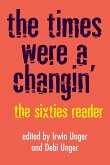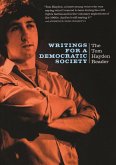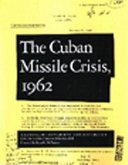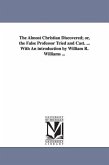When he died in 1990, William Appleman Williams was arguably the most influential and controversial of a generation of historians that came of age after World War II. Williams's revisionist writings, especially those dealing with American diplomatic history and the cold war, forced historians and other thinkers and policymakers to abandon old cliche's and confront disturbing questions about America's behavior in the world. Williams saw history as "a way of learning" and applied the principle brilliantly in books and essays which have altered our vision of the American past and present. In this rich collection, Henry Berger has drawn from Williams's most important writings - including The Tragedy of American Diplomacy, The Contours of American History, and The Roots of the Modern American Empire - to present his key arguments. There are selections in all, from books, essays, and articles, including two never before published. Mr. Berger has added notes to the selections and an enlightening introduction which explores Williams's career and ideas. Williams defined America's social, moral, constitutional, and economic development in uncompromising, iconoclastic, and original terms. Shunning the realist school of historical interpretation, he drew from the teachings of Spinoza, Marx, and Wilhelm Dilthey in his "process of choosing how I would make sense out of the world". His task, as he saw it, was to explore how distinct elements of historical development could together reveal the dynamic relationships of the reality in which it occurred. "Reality", he wrote, "involves how a political act is also an economic act, or how an economic decision is a political choice, or of how an idea offreedom involves a commitment to a particular economic system". These selections from Williams's key writings offer a valuable introduction as well as an intelligent guide to one of America's most important historical thinkers.








